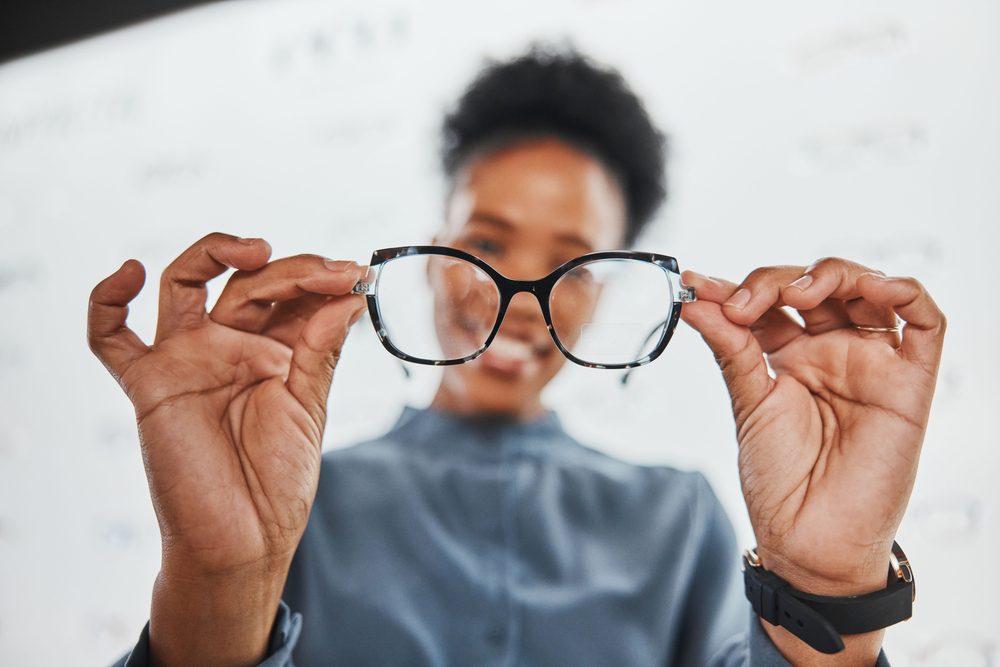Are you guilty of neglecting your eye health by postponing that crucial vision exam? As the years pass, the tendency to procrastinate on regular vision checkups can pose significant risks to your eyes.
The eyes — often considered the windows to the soul — play an instrumental role in gauging overall health. With the inevitability of aging, the likelihood of developing eye conditions such as glaucoma, macular degeneration and cataracts increases. These conditions often advance without apparent symptoms in their initial stages, making regular eye exams indispensable for early detection and effective intervention. Join us as we delve into the profound connection between aging, vision health and the long-term consequences of procrastination on essential eye care.
Understanding the importance of vision health
Your eyes are not only the windows to your soul but also vital indicators of your overall health. As you age, the risk of developing various eye conditions such as glaucoma, macular degeneration and cataracts increases. These conditions often progress silently, with no apparent symptoms in the early stages. Regular eye exams play a crucial role in detecting and addressing these issues before they become more serious.
The impact of aging on vision
Aging takes a toll on your eyes. The lenses become less flexible, making it harder to focus on close objects, a condition known as presbyopia. Additionally, the risk of developing conditions like glaucoma, which can lead to permanent vision loss, increases with age. Delaying your vision exam could mean missing out on early detection and intervention, jeopardizing your eyesight in the long run.
The connection between vision and overall health
Vision problems often go hand in hand with other health issues, such as diabetes and hypertension. Regular eye exams can uncover signs of systemic diseases that may otherwise remain unnoticed. Addressing these health issues early on not only preserves your vision but can also contribute to better overall well-being.
The role of prevention in eye health
Prevention is the key to maintaining good eye health. By having regular vision exams, you enable eye care professionals to identify potential problems before they become irreversible. Early detection allows for more effective and less invasive treatment options, preventing further deterioration of your vision.
The convenience of early intervention
Aging gracefully doesn’t mean resigning yourself to diminishing eyesight. Early intervention can slow down the progression of many age-related eye conditions. Whether it’s through prescription eyewear, medication or lifestyle adjustments, addressing vision issues promptly can significantly improve your quality of life as you age.
Making time for your vision
With the demands of modern life, it’s easy to push aside seemingly non-urgent matters like vision exams. However, investing time in your eye health is a small commitment compared to the potential consequences of neglect. Schedule regular vision exams as part of your overall health routine, and prioritize them just like you would any other health check-up.
The ramifications of procrastinating on your vision exams as you age are profound and far-reaching. The simple act of prioritizing regular check-ups emerges as a powerful tool in safeguarding not only your eyesight but also your overall well-being. These routine examinations play a pivotal role in early detection, allowing for timely intervention against potential health issues that may otherwise escalate. By embracing a proactive approach to eye care, you pave the way for a higher quality of life as the years progress.
This story was created using AI technology.











